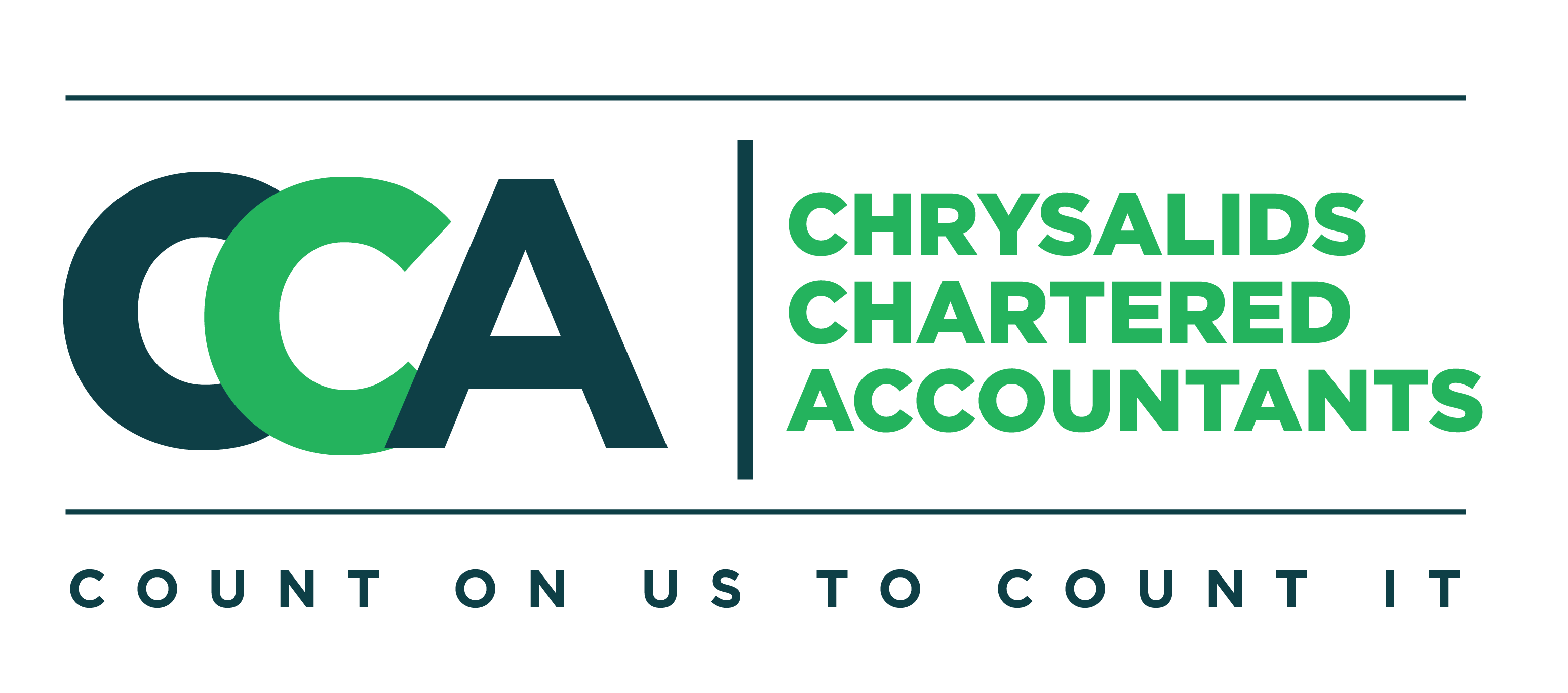When most people consider the differences between bookkeeping and accounting, they find it difficult to make a clear distinction. While bookkeepers and accountants have similar objectives, they provide assistance to your company at various points of the financial cycle. Both are financial tools for recording company transactions, although they differ in a few technological details. To grasp the differences between accounting and bookkeeping, we must first understand both categories and acquire a feel of how they work in practice.
Bookkeeping is focused with recording financial transactions and is more transactional and administrative. Accounting is more subjective, providing you with insights into the financial health of your company based on bookkeeping data. Let’s look at some of the functional distinctions between accounting and bookkeeping, as well as the roles of bookkeepers and accountants.
The Functions: Book-keeping v Accounting
Book-keeping
Book-keeping is the activity of consistently recording daily transactions and is an important part of acquiring the financial data needed to run a successful business. It consists of the following tasks:
- Recording financial transactions
- posting debits and credits
- producing invoices
- maintaining and balancing subsidiaries, general ledgers, and historical accounts
- payroll
- financial statement preparation (balance sheet, cash flow statement, and income statement)
One of the most important aspects of bookkeeping is keeping a general ledger. The general ledger is a basic document in which a bookkeeper records the sums received from sales and expenses. Posting is the term for this. The ledger is updated more frequently as more sales are performed. A ledger can be made with specialized software, a computer spreadsheet, or just a piece of lined paper.
The process of recording commercial transactions and the relationships between them is known as bookkeeping. Bookkeeping is primarily a mechanical activity that does not necessitate any analysis. Instead of analysing, bookkeeping relies solely on the documentation of data. The records were once stored in a book, which is why this financial tool is known as bookkeeping. In today’s world, books have been replaced by contemporary bookkeeping software that runs on personal computers. This type of software is extremely sophisticated, and it can greatly aid the bookkeeper’s task.
The recording of incoming transactions (received payments in the form of money or checks from clients, etc.) and the recording of outgoing transactions is the basic process of bookkeeping (paying for specific bills in the correct time, etc.).
Single entry accounting and double entry bookkeeping are the two most common types of bookkeeping. We can find each transaction transported to the debit or credit column in the case of single entry bookkeeping. In the case of double entry bookkeeping, on the other hand, we can discover two entries for each transaction recorded in the ledger. One input goes on the credit side, while the other goes on the debit side. This is accomplished in such a way that the two entries may be compared.
The complexity of a bookkeeping system is often determined by the size of the company and the amount of daily, weekly, and monthly transactions. Your company’s sales and purchases must be documented in the ledger, and some transactions require supporting documentation. On its website, the IRS explains which business transactions require supporting paperwork.
Accounting
Accounting is a high-level process that produces financial models using financial data compiled by a bookkeeper or business owner. It is more subjective than bookkeeping, which is mostly transactional.
- Preparing adjusting entries (recording expenses that have occurred but have not yet been recorded in the book-keeping process)
- Reviewing company financial statements
- Analyzing costs of operations
- Preparing income tax returns
- Assisting the business owner in understanding the impact of financial decisions
A key part of the accounting process is analyzing financial reports to help you make business decisions. The result is a better understanding of actual profitability and an awareness of cash flow in your business. Accounting transforms data from the general ledger into insights that reveal the company’s overall picture and trajectory. Accountants are frequently sought out by business owners for assistance with strategic tax planning, financial analysis, forecasting, and tax filing.
Accounting is similar to bookkeeping in that it involves the methodical recording of business activities, but it also includes supplementary reports and financial analysis. Essentially, bookkeeping is a component of the accounting process. Accounting is responsible for the preparation of financial statements, liabilities, assets, and different company results, in addition to the recording of financial transactions. Accounting, in general, takes bookkeeping data, interprets it, puts it into reports, and provides it to management in the form of reports.
Accounting is utilized in many types of businesses, from tiny businesses to multinational organizations. In smaller businesses, a single individual can handle both accounting and bookkeeping. To successfully accomplish accounting and bookkeeping responsibilities in major organizations and corporations, however, a complete department of personnel is required. Smaller businesses with fewer transactions don’t require as much labor from the bookkeeper, thus he can also handle the functions of an accountant.
The examination of business transactions and the delivery of business results to the company’s management are significant aspects of accounting. Reports are commonly used to provide company results. The management can determine whether the company is successful or not based on these reports, and with the aid of the analysis, they can determine where the problems arise in the event of unfavorable results.
The Roles: Book-keeper vs Accountant
Accountants and bookkeepers conduct similar tasks at times, yet they have different skill sets. A bookkeeper’s job is to record transactions and keep you organized financially, whereas accountants provide consulting, analysis, and are more suited to give tax advice.
Book-keeping
Bookkeeper credentials
Bookkeepers aren’t typically required to have any formal schooling. Bookkeepers must be meticulous in their work and educated about important financial matters in order to be successful. Typically, either an accountant or the small business owner whose books they are keeping supervises the bookkeeper’s work. As a result, a bookkeeper cannot claim to be a “accountant.”
Accounting
Accountant credentials
A bachelor’s degree in accounting is typically required to qualify for the title of accountant. Finance degrees are frequently deemed suitable substitutes for persons who do not have a specific accounting degree. Unlike bookkeepers, accountants are able to obtain further professional certificates. Accountants with enough experience and education, for example, might earn the title of Certified Public Accountant (CPA), which is one of the most prominent accounting credentials. An accountant must pass the Uniform Certified Public Accountant exam and have professional accounting experience to become a CPA. The cost of an accountant is determined by these essential certifications.
The bottom line
The bookkeeper’s organized financial records and correctly balanced finances, combined with wise financial strategy and precise tax filing by the accountant, all contribute directly to a company’s long-term success.
Some business owners learn to manage their finances on their own, while others engage a professional to allow them to focus on the aspects of their company that they like the most. Investing time or money into your business financials, regardless of which choice you select, can only help your company flourish.






